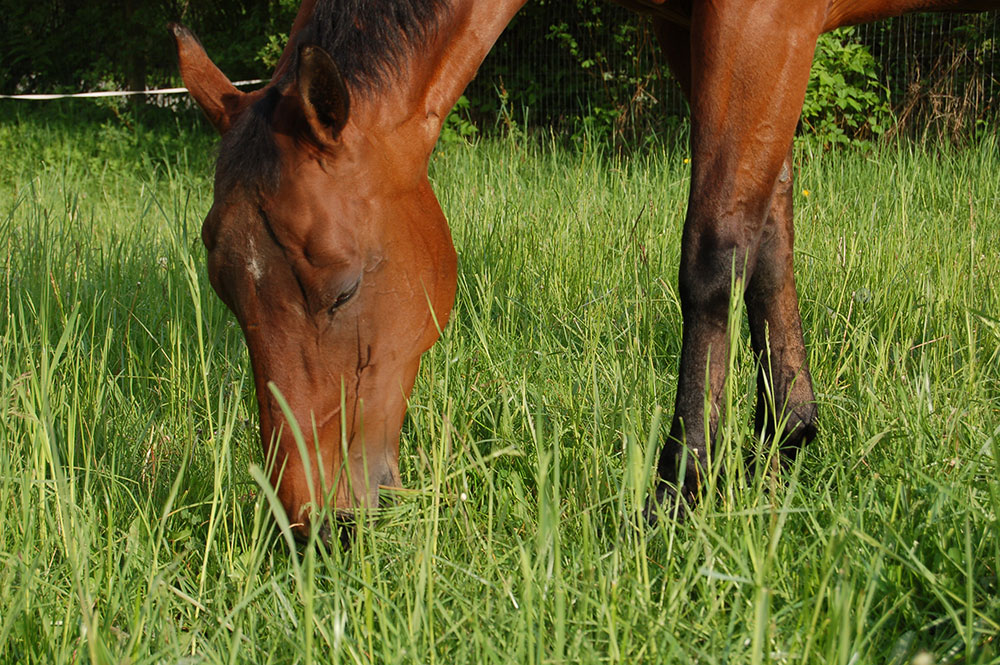
Horse Pastures and the Carbon Cycle
Cultivating healthy pastures on your horse farm can help remove carbon dioxide from the atmosphere. Here’s how.

Cultivating healthy pastures on your horse farm can help remove carbon dioxide from the atmosphere. Here’s how.
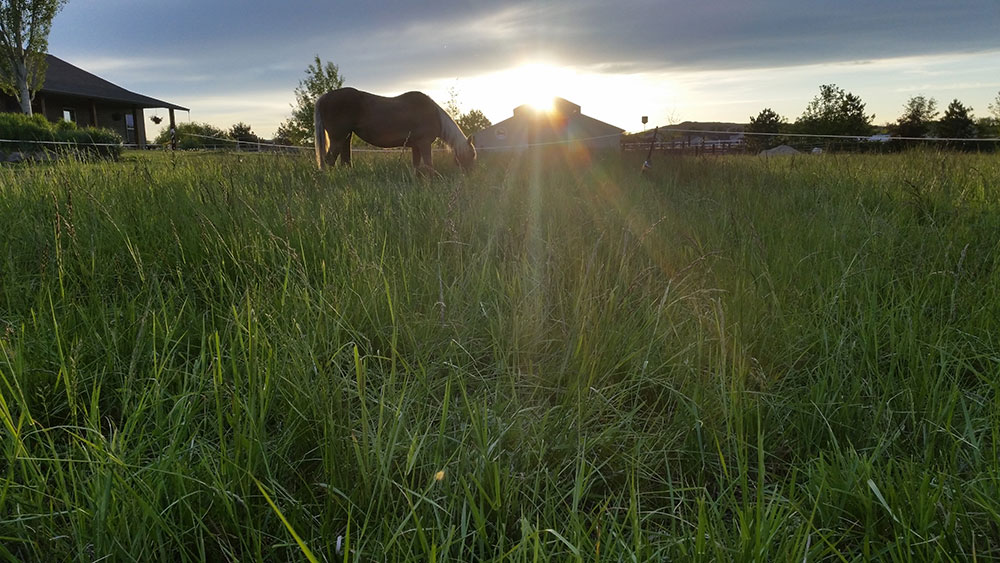
Learn what you can do to reduce the carbon footprint of your horse farm.

Learn about 10 common plants, chemicals, organisms, and toxins your horse should never eat.

Two veterinarians passionate about hoof care share tips for identifying and dealing with hoof stressors they encounter most frequently.

Don’t wait for the first snowflakes to prepare your horse property for the cold, dark, and wet months ahead.
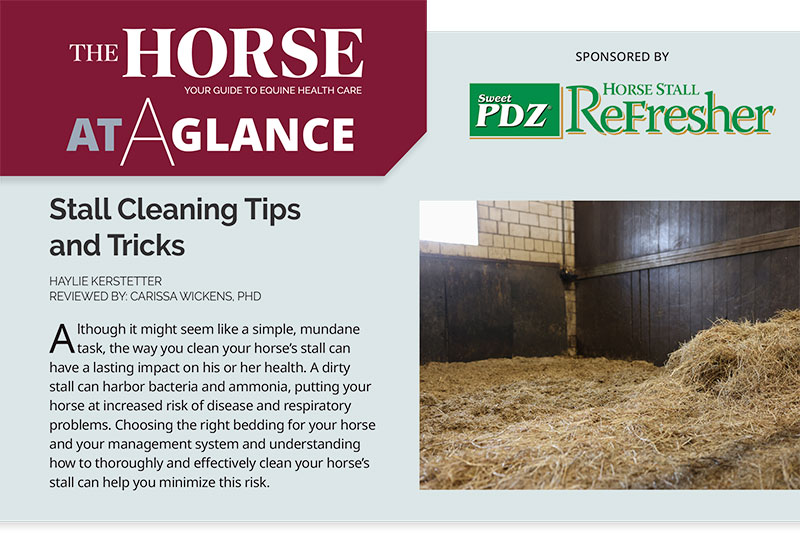
Learn how to choose the right bedding, effectively clean your horse’s stall, and protect his airways from ammonia. Sponsored by Sweet PDZ.

Predators such as bears, cougars, wolves, and coyotes can pose threats to horses and other farm animals. Learn how to protect your animals and prevent attacks on your farm.

How to design a multitiered insect control plan to combat flies, mosquitoes, midges, and more.
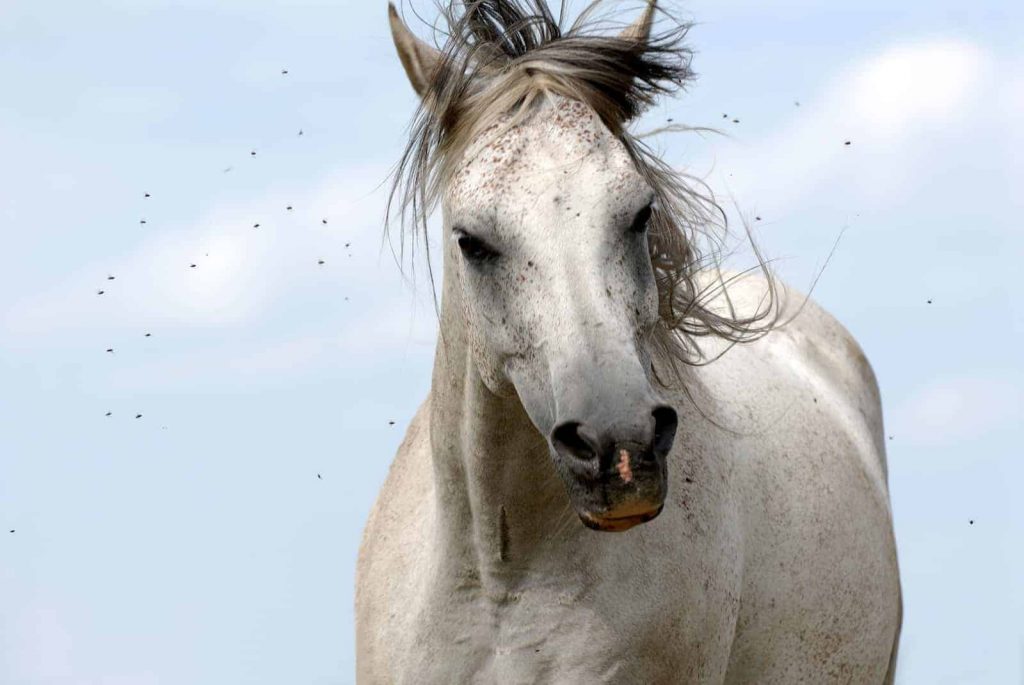
Practicing smart insect control tactics year-round can help you keep populations under control.
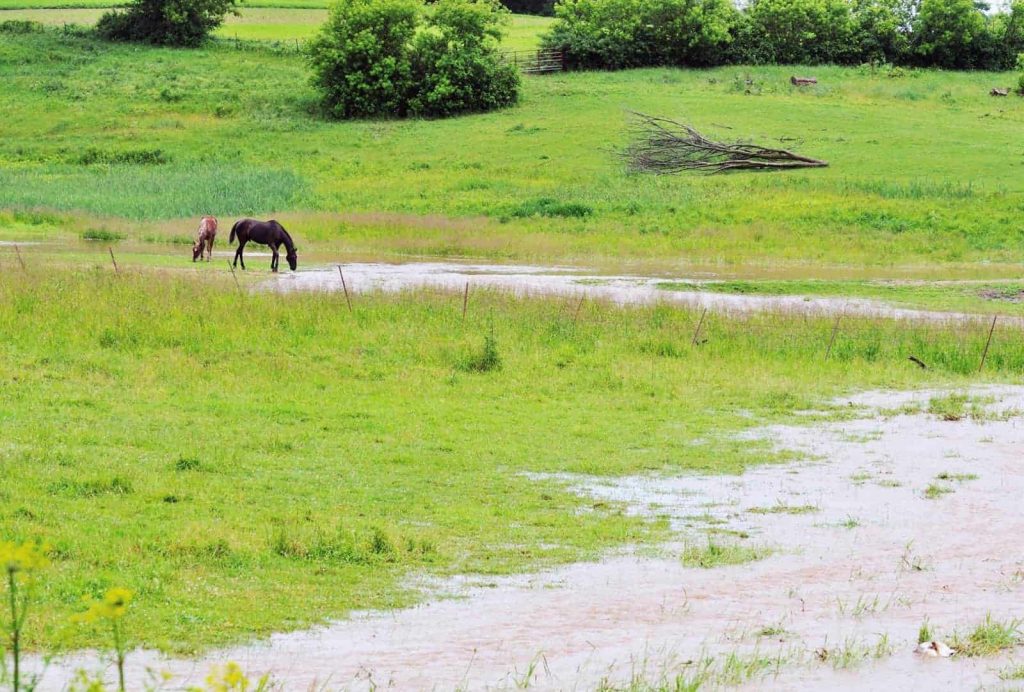
Improving drainage and diverting water runoff will help keep your horses and farm safe.

Recurrent airway obstruction is a medical condition, but feed changes might help your horse breathe better.

These practices will help minimize odors on your farm to keep you, your horses, and your neighbors healthy and happy.

Learn how to keep your barn and other buildings safe during winter cold and snow.

Follow these steps to prevent disease spread on your farm.

Learn how to keep horses and humans safe by storing your supplies and equipment properly.

If you house your horses in a barn, keeping it well-ventilated is an essential part of their care.
Stay on top of the most recent Horse Health news with
"*" indicates required fields